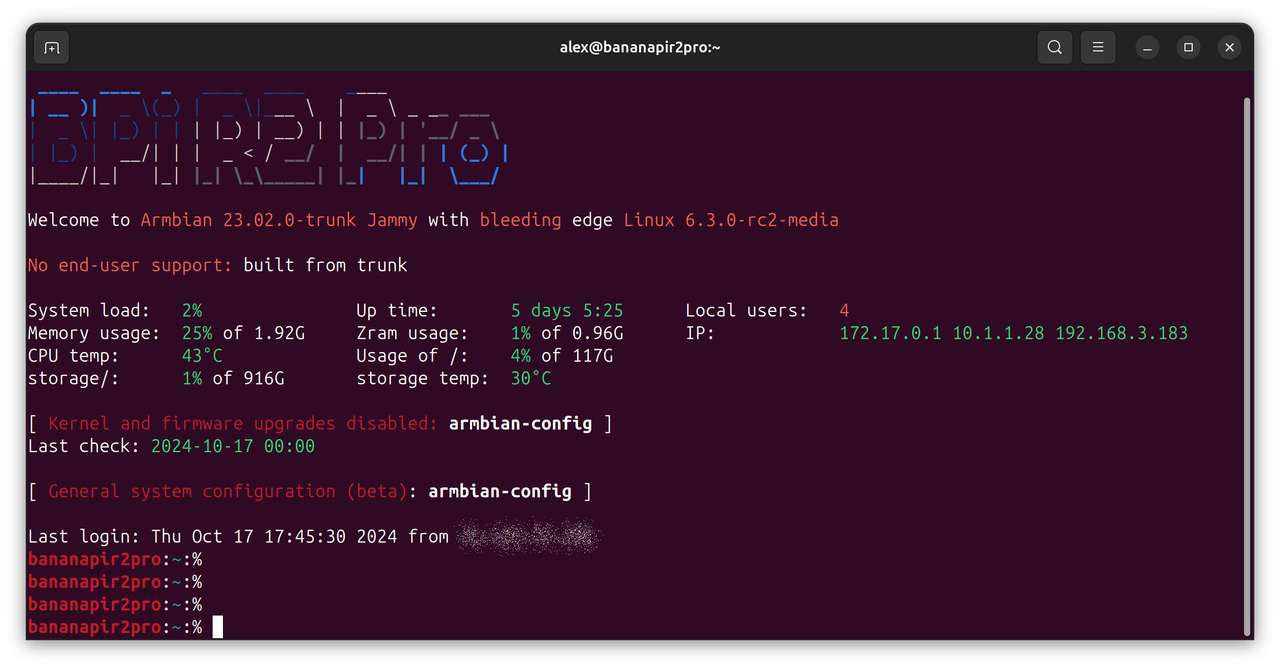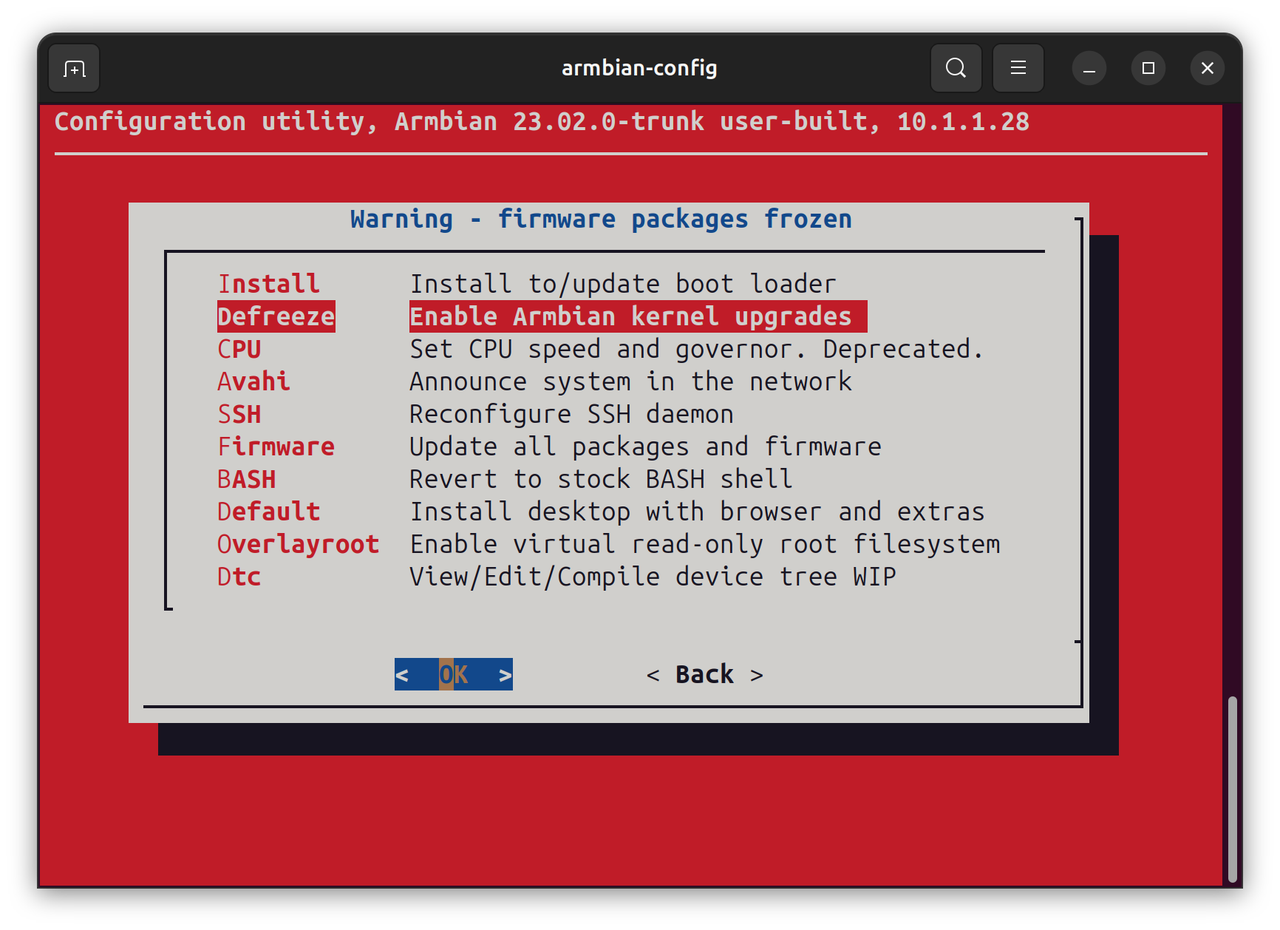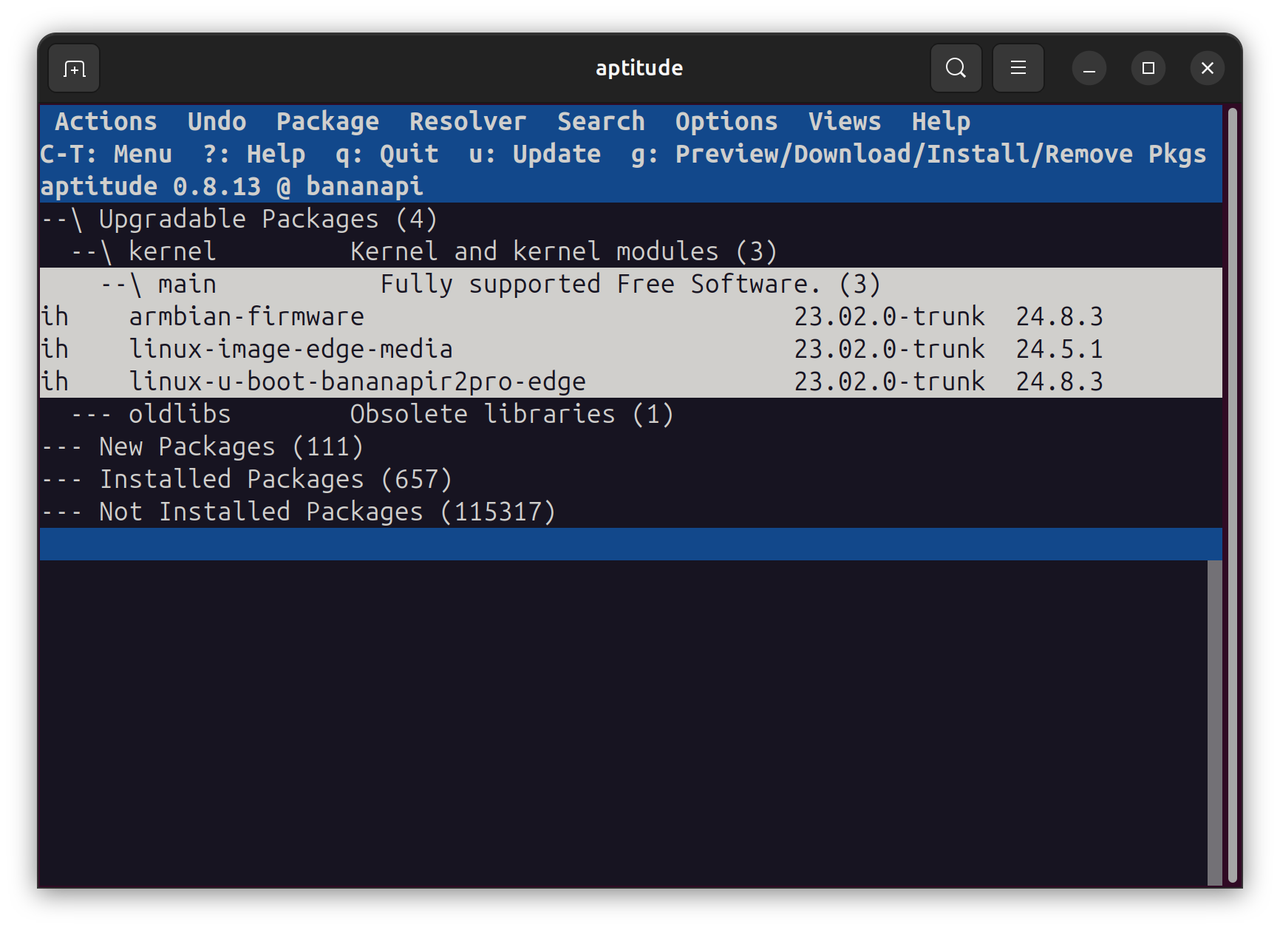The Banana Pi R2 Pro is a powerful single-board computer designed for networking and IoT applications. With its robust hardware and open-source software, it offers a versatile platform for building custom routers, firewalls, and network appliances. The R2 Pro features a 64-bit quad-core CPU, with multiple high-speed Gigabit Ethernet ports, making it an ideal choice for demanding networking tasks.
- Rockchip RK3568 Quad-core ARM Cortex-A55 CPU
- Mali-G52 1-Core-2EE
- 2G LPDDR4 SDRAM (option 4G)
- Mini PCIE interface and M.2 key-e interface
- Support 1 SATA interface
- MicroSD slot supports up to 256GB expansion
- 16G eMMC flash (option 16/32/64G)
- 2 MIPI display interface support
- 1 CSI camera interface
- 5 port 10/100/1000 Mb Ethernet port
- (2) USB 3.0 and (1) USB 2.0 otg port
The Banana Pi R2 Pro is a powerful single-board computer that features the Rockchip RK3568 quad-core ARM Cortex-A55 CPU. This chip provides a high-performance processing experience, making it an ideal choice for various applications such as IoT gateways, industrial control panels, and more.
One of the key features of the RK3568 chip is its built-in MICRO-research NPU (Neural Processing Unit), which has 0.8Tops computing power and integrated high-performance AI accelerator RKNN NPU. This enables the R2 Pro to support lightweight AI applications and provides developers with an easy-to-use model transformation tool, RKNN-Toolkit.
The RK3568 chip also boasts rich interface expansion capabilities, supporting various peripheral high-speed interfaces such as USB 3.0, SATA, and PCIe. Additionally, it has a complete display interface, supporting HDMI 2.0 output, dual-channel MIPI DSI, and dual-channel LVDS.
In terms of connectivity, the R2 Pro features five Gigabit Ethernet ports, two USB 3.0 ports, and one USB 2.0 OTG port. It also supports Wi-Fi and Bluetooth connectivity, making it an ideal choice for IoT applications.
The Banana Pi R2 Pro is designed to run Android 11 and Linux operating systems, providing developers with a flexible platform for developing various applications. Its compact size and low power consumption make it an ideal choice for industrial customization markets such as IoT gateways, NVR storage, and more.
Overall, the Banana Pi R2 Pro is a powerful single-board computer that offers a high-performance processing experience, rich interface expansion capabilities, and supports lightweight AI applications. Its compact size, low power consumption, and flexible operating system make it an ideal choice for various industrial customization markets.
I am using a one-off build of Armbian which is based on Ubuntu 23.02 Jammy. There is a huge gotcha with using a one-off build: you need to lock the kernel and firmwares to the installed version. Upgrading the kernel and firmwares will result in a useless board and you will need to start from scratch with the Armbian image. The way I am using the R2 Pro is as a bridge between two networks. The network directly behind my cable modem is 192.168.3.0/255. I have another network which I originally created for an 18 node Raspberry Pi 4b cluster. I kept the separate network and most of my single board computers as well as purpose-built servers live on 10.1.1.0/255. Over the course of late summer into early fall, I put together a GPU server. I wanted to make the instance of Open WebUI available via the internet, as such, I am using the R2 Pro to bridge the two networks and make Open WebUI available.
There is not much that is special with the R2 Pro, except for having five, one gigabit ethernet ports and one SATA port. It runs like anyother low power single board computer.



